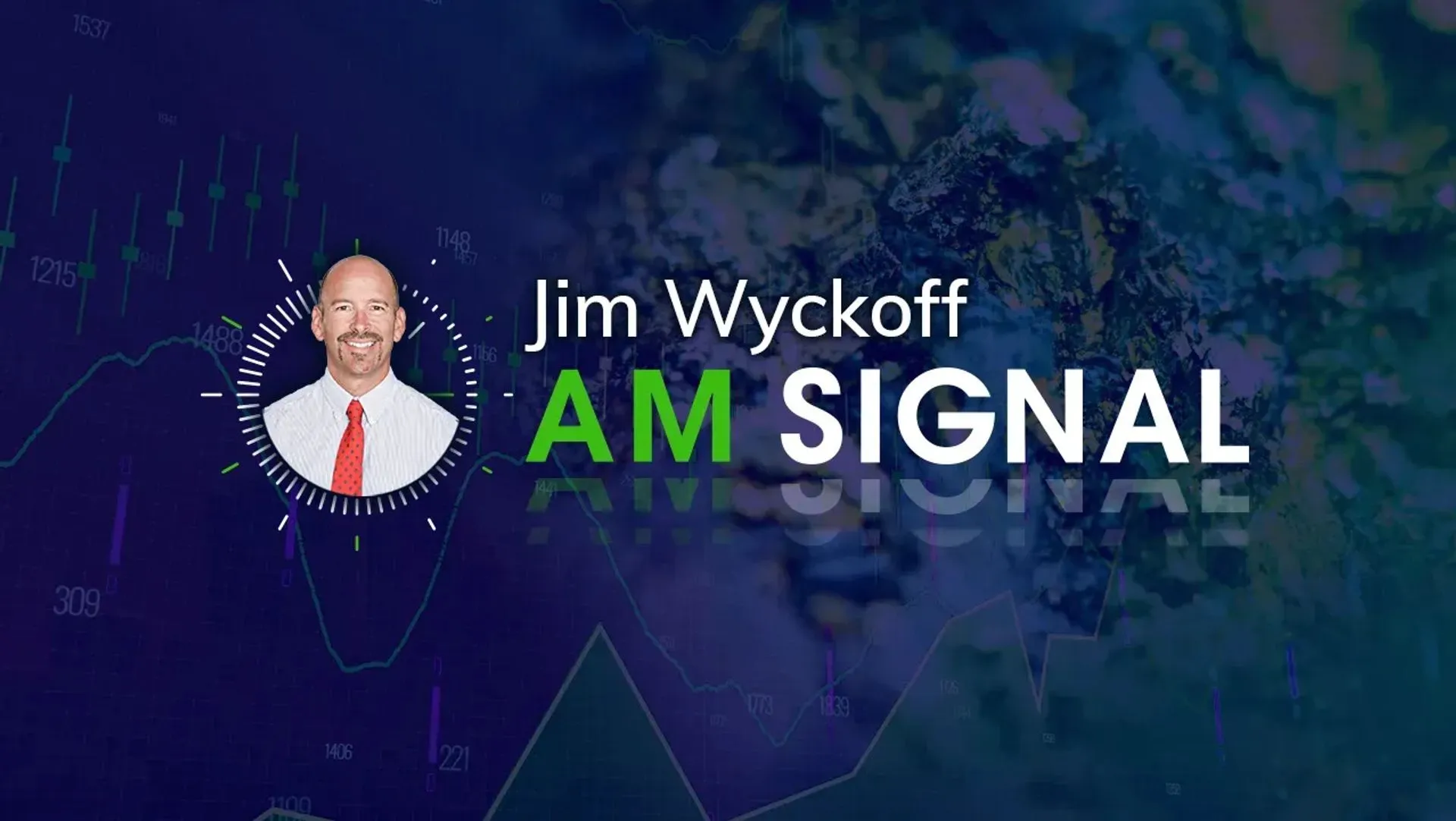Meta Mania: The Shocking Truth Behind the US’s Latest Obsession
In the ever-evolving landscape of digital communication, Meta has emerged as a phenomenon that is reshaping how Americans interact, connect, and perceive the world around them. What began as a simple social networking platform has transformed into a complex ecosystem that touches nearly every aspect of modern life.
The Rise of a Digital Giant
Meta, formerly known as Facebook, has become more than just a social media company. It’s a cultural powerhouse that has fundamentally altered the way people communicate, share information, and understand social connections. The company’s reach extends far beyond simple social networking, encompassing virtual reality, artificial intelligence, and global communication technologies.
The Psychological Impact
Researchers have uncovered shocking insights into Meta’s psychological effects:
- Potential links to mental health conditions
- Impact on internet addiction
- Influence on social interaction patterns
- Neurological responses to digital engagement
“Meta is not just a platform; it’s a psychological ecosystem that fundamentally reshapes human interaction,” says Dr. Emily Rodriguez, a leading digital psychology researcher.
The Cultural Phenomenon
The Meta phenomenon bears striking similarities to historical cultural movements. Much like Beatlemania of the 1960s, Meta has created a widespread, almost obsessive engagement with digital communication. Users find themselves constantly connected, checking notifications, and curating digital personas.
Unexpected Consequences
The platform’s impact extends beyond simple social interaction:
- Potential mental health risks
- Altered sleep patterns
- Increased anxiety and social comparison
- Unprecedented levels of digital connectivity
The Dark Side of Connection
While Meta promises connection, it simultaneously presents significant challenges. The platform’s algorithms are designed to maximize engagement, often at the cost of users’ mental well-being. Studies suggest potential links to:
- Generalized anxiety disorder
- Social anxiety
- Hypomania
- Obsessive-compulsive tendencies
The Data Dilemma
Privacy concerns continue to plague Meta. The company’s approach to user data has been consistently controversial, raising questions about digital ethics and personal information protection.
Threads: A New Frontier
Meta’s recent launch of Threads represents another strategic move in the digital communication landscape. The platform aims to:
- Provide a more focused communication experience
- Limit potentially divisive political discussions
- Create a more controlled social media environment
The Path Forward
Experts recommend a balanced approach to Meta engagement:
- Practice digital mindfulness
- Set clear boundaries
- Be aware of potential psychological impacts
- Use platforms intentionally
“Technology should enhance our lives, not control them,” notes digital wellness expert Mark Thompson.
Conclusion
Meta has become more than a technology company—it’s a cultural phenomenon that continues to reshape how we communicate, connect, and understand ourselves. As the platform evolves, so too must our approach to digital interaction.
The Meta mania is real, and its implications are only beginning to be understood.
Disclaimer: This article is based on current research and expert opinions. Individual experiences may vary, and further research is needed to fully understand Meta’s long-term impacts.






Leave a Comment